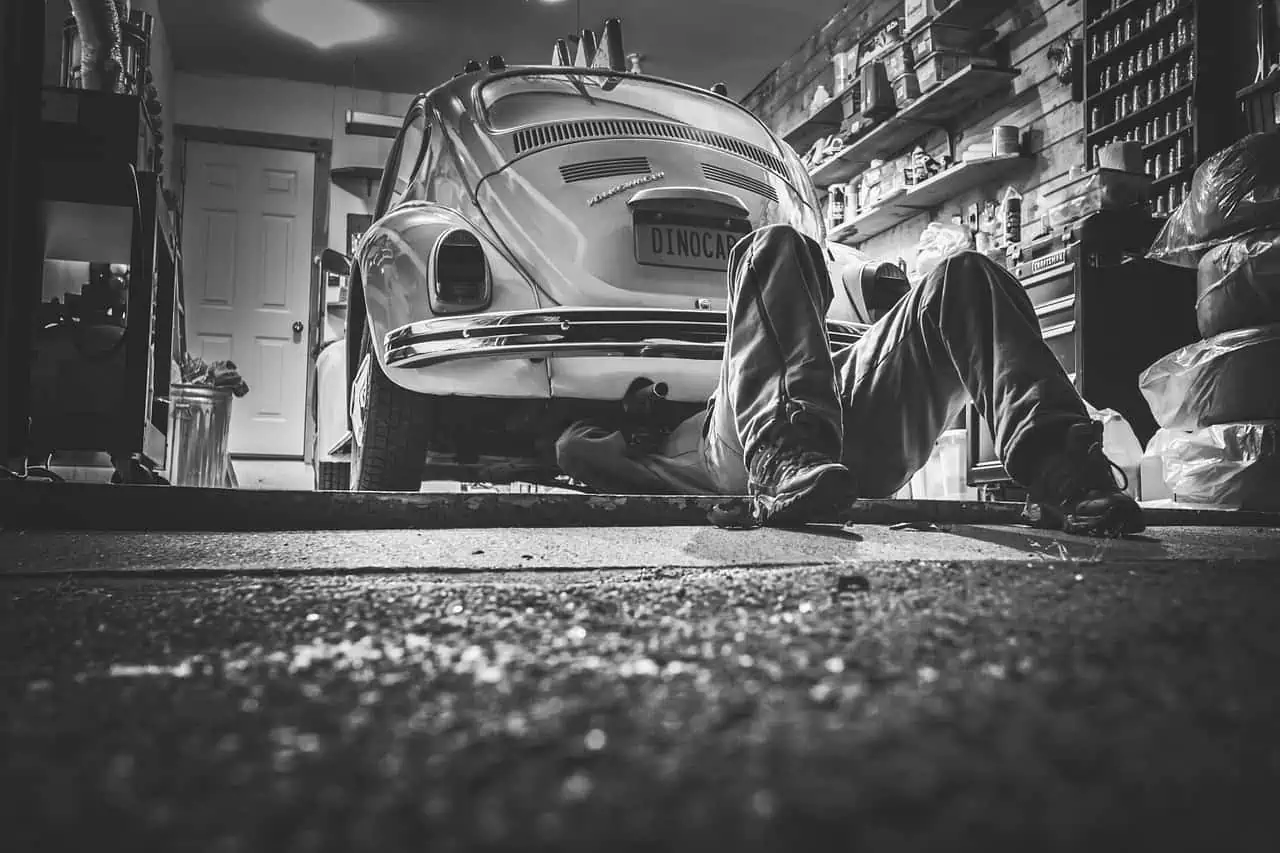A car is an unusually complicated machine. It’s made up of thousands of parts, all functioning as one. Over 130 years of continuous development has meant that cars have become great at causing all these components to work cohesively without many failures.
The engine is the most complicated of these car parts. The different components of this engine must work well every time to ensure you benefit most from your vehicle. Yet, progress has been achieved significantly, and engine failures aren’t a thing that most drivers are likely to experience in typical circumstances. But that doesn’t imply you go about undermining your engine.
Most of the time, most people don’t pay enough attention to their engines. They ride their vehicle, turn the key and go to wherever they’re heading. Yet, when they see that their engine creates unusual noises or feel that the car is a bit different than what it is initially, that’s only when they give it enough focus.
As such, engines need proper time and attention. They need to be checked regularly and constantly maintained to keep their ideal status. This helps prolong your car’s lifespan while also taking care of other components.
Overall, if you’re looking for information on how to take care of your car’s engine, then read the following tips that will address that precisely.
1. Maintain Your Catalytic Converter
Your engine generates a notable amount of toxic exhaust compounds, such as hydrocarbons, nitrogen, and carbon monoxide, to power your vehicle. To reduce the environmental effects, all car manufacturers create a car with a catalytic converter component. This component turns dangerous exhaust compounds into less harmful ones.
Car systems with 2007 through 2009 engines, generally consisted of the diesel particulate filter (DPF) and diesel catalytic converter (DOC). Yet, from 2010 to the present, the system comprises DPF, DOC, and silicon-controlled rectifiers (SCR).
Unfortunately, catalytic converters have a fragile physical structure and can undergo damage that limits their ability to clean your car’s exhaust. Moreover, they can get clogged, contaminated, physically damaged, and overheated when they’re old enough. This can result in slow engine performance and eventually can cause engine shutdown.
As your catalytic converter can impact your engine when it undergoes issues, maintaining it becomes necessary. There are various ways to maintain it. One way to do it is to avoid using low-grade fuel such as lead fuel. Leaded fuel minimizes your converter’s efficiency.
Another step is to use fuel additives and lubricants approved by the car’s manufacturer. Non-approved fuel additives and lubricants might have components that, when combusted, generate byproducts that negatively impact your converter.
2. Replace Your Engine’s Oil Regularly
There are reasons why regularly changing your engine oil is crucial. For one, it allows for proper cleanliness of your engine. As said before, your engine oil traps various particles, such as dust or dirt. And so, if you don’t replace it, such oil can accumulate dirt and other particles.
Those who might be residing in drier places will even have more particles that can get in their engine oil. This buildup of particles can lead to sludge in the engine. Yet, if one replaces the oil and, ideally, the filters regularly, one can keep the engine away from dirt and debris that can do more damage.
Likewise, the engine oil allows for proper lubrication of all the car’s moving parts, so that wear and tear are minimal. The problem arises, however, when it becomes dirty. Yet, by ensuring that your engine oil and filter are replaced according to your car’s manual specifications, you can allow your engine to maintain its cleanliness and good condition. And so, your engine can run for more years to come. This can allow you to save money and time.
3. Keep The Cooling System In Good Condition
As replacing your oil is vital, keeping your engine cool is also important. The cooling system does that job, so keeping it in good condition is good. The cooling system involves the car’s radiator, water pump, thermostat, and coolant. The simplest way to prevent your engine from overheating is to ensure you have the right amount of coolant (radiator fluid) flowing throughout your engine.
The coolant flows through your car’s engine when the thermostat identifies that the engine is getting warmer and needs to be cooled down. The water pump gets the coolant from the radiator, delivers it into the engine block, and then again to the radiator to cool it. Likewise, if you want to determine the level of the coolant, raise the car’s hood and check your coolant tank. It’s a transparent tank that contains a green or orange colored liquid. Ensure the coolant is more than the minimum mark but beneath the maximum mark.
If you see that your vehicle is overheating and you’re aware that there’s insufficient coolant, bring your car to a mechanic and allow them to check your cooling system. The cost of immediately checking and replacing an issue with the cooling system will be more ideal than dealing with engine damage caused by overheating.
Final Thoughts
Regular check-ups and constant maintenance are ideal for keeping your engine in good condition. This article outlined some ways to care for and maintain your car engine. Overall, you can avoid costly repairs when your car engine is in good condition. This can save you time and money.

